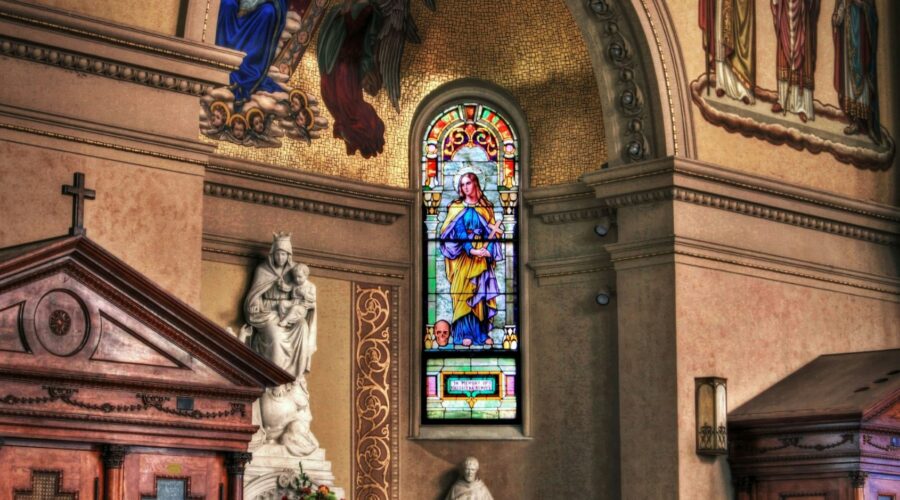Your cart is currently empty!
Immerse Yourself in the Traditions of Orthodox Christmas: A Comprehensive Guide

Introduction
Orthodox Christmas, also known as Nativity or Epiphany, is a significant religious observance deeply rooted in tradition and symbolism. This blog post delves into the rich tapestry of Orthodox Christmas, exploring its origins, customs, and rituals.
Historical Roots
Julian Calendar
Orthodox Christians adhere to the Julian calendar, which precedes the Gregorian calendar by 13 days. Thus, they celebrate Christmas on January 7th, while Western Christians celebrate on December 25th.
Eastern Orthodox Church
Orthodox Christmas is mainly celebrated by churches adhering to the Eastern Orthodox tradition, which includes Greek Orthodox, Russian Orthodox, and other Eastern European Christian denominations.
Preparations and Festivities
Advent
In the weeks leading up to Christmas, Orthodox Christians observe a period of fasting and spiritual reflection known as Advent, similar to its Western counterpart.
Christmas Eve
On Christmas Eve, the fast is broken with a traditional Christmas Eve dinner called Svyat Vecher, featuring 12 meatless dishes representing the twelve apostles.
Church Services
Throughout Christmas Eve and Christmas Day, Orthodox churches hold elaborate services, including the Royal Hours, Midnight Liturgy, and Divine Liturgy.
Christmas Day Customs
Star of Bethlehem
On Christmas Day, Orthodox Christians often sing carols and display a star representing the Star of Bethlehem, which guided the Magi to the newborn Jesus.
Gift-Giving
Gift-giving is not as common in Orthodox Christmas as it is in Western traditions; instead, the focus is on family gatherings and sharing food.
Christmas Feast
After attending church services, families gather for a festive feast featuring traditional dishes like kutia (a wheat porridge) and vazhouli (a meat pie).
Epiphany
Importance
Epiphany, celebrated on January 19th, commemorates the baptism of Jesus Christ and is considered as important as Christmas in some Orthodox traditions.
Water Blessing
On Epiphany, priests bless water in churches and rivers, and it is believed to have healing and purifying properties.
Significance and Symbolism
Spiritual Rebirth
Orthodox Christmas represents a time of spiritual renewal and rebirth, a celebration of the Incarnation of Christ and the promise of salvation.
Community and Tradition
The traditions and rituals of Orthodox Christmas strengthen community bonds and foster a sense of belonging and continuity.
Additional Information
Dates and Variations
The exact dates and customs of Orthodox Christmas may vary slightly among different Orthodox churches.
Iconography
Orthodox Christmas is often depicted in icons, which are religious paintings that play a significant role in the Eastern Orthodox tradition.
Traditional Foods
| Dish | Description |
|---|---|
| Kutia | A wheat porridge with honey, poppy seeds, and nuts |
| Vazhouli | A meat pie with a sweet or savory filling |
| Kozunak | A sweet bread with raisins and walnuts |
Conclusion
Orthodox Christmas is a rich and meaningful celebration rooted in tradition and faith. It is a time for spiritual renewal, community, and the joy of welcoming the newborn Christ. As Christians around the world celebrate the birth of Jesus, we invite you to delve into the unique traditions and customs of Orthodox Christmas and gain a deeper understanding of its significance.